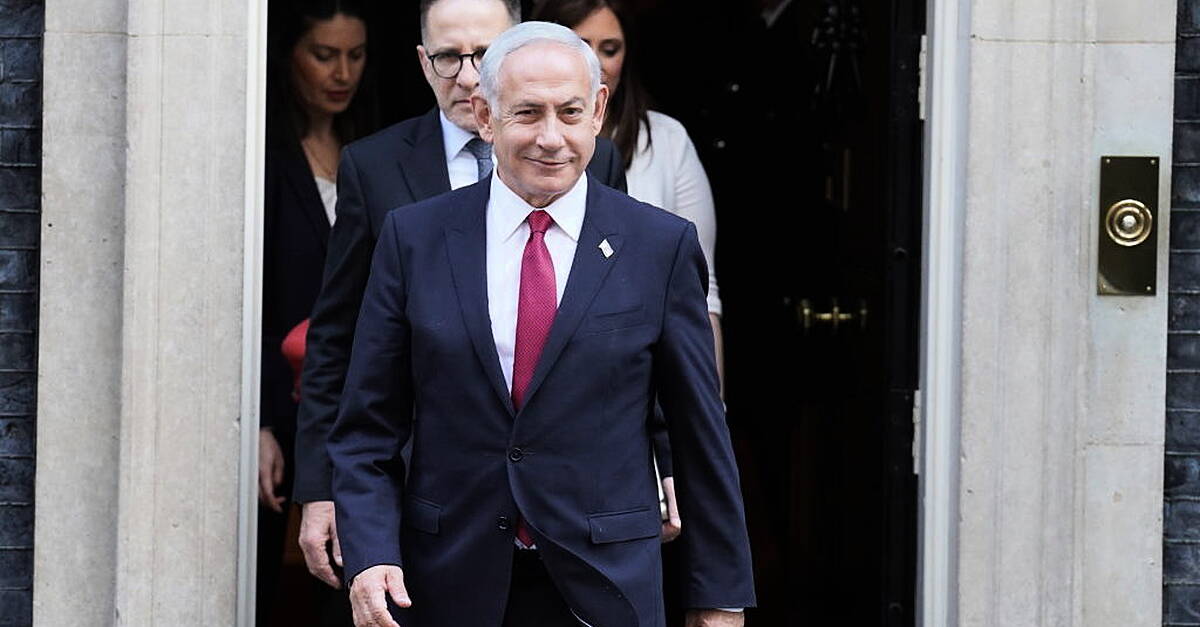Headline: China Condemns Philippine Acquisition of U.S. Typhon Missile System Amid Rising Southeast Asian Tensions
Southeast Asia Positioning: A Geopolitical Tug-of-War
China’s unequivocal disapproval of the Philippines’ potential acquisition of the U.S. Typhon missile system underscores a complex geopolitical landscape in Southeast Asia. As the Philippines contemplates enhancing its military capabilities, the underlying tensions between local political dynamics and external influence are coming into sharper focus. Philippine Defense Secretary Gilberto Teodoro has asserted the nation’s right to acquire the U.S. missile system, which could enable the Philippines to target mainland China amid increasing threats related to Taiwan. This development has triggered a stern warning from China, intensifying the already volatile security environment in the region.
High-Stakes Military Decisions
Reports emerging this month indicate that China views the Philippines’ potential procurement of the U.S. missiles as provocative and reckless. Lin Jian, a spokesperson for China’s Foreign Ministry, cautioned that such moves could escalate regional tensions and lead to geopolitical confrontations. "The Philippines should reconsider this decision," Lin urged, emphasizing the importance of peace and prosperity in Southeast Asia.
China’s apprehension about U.S. involvement in the region is not unfounded; the continued deployment of the Typhon missile system by the U.S. military represents a significant escalation in military readiness and capability. Since September 2024, the Typhon has been positioned in the Philippines as part of broader efforts to bolster U.S. alliances in the Indo-Pacific amidst rising Chinese influence.
Political Turmoil and External Influence
The political landscape in the Philippines adds another layer to this unfolding drama. The relationship between President Ferdinand Marcos Jr. and Vice President Sara Duterte has soured, descending into a public feud that has implications for both domestic politics and international relations. This discord comes amid allegations from Marcos Jr. that Duterte has engaged in secret dealings with China regarding the South China Sea, an area rife with territorial disputes.
Richard Heydarian, a political analyst, notes that "the ongoing feud places China in a pivotal position, able to exploit weaknesses within Philippine politics." He highlights concerns that Chinese influence operations may seek to destabilize Marcos Jr.’s administration and bolster the Duterte faction through disinformation campaigns. This strategic maneuvering raises questions about the future trajectory of U.S.-Philippines relations, particularly if Duterte’s influence grows stronger.
Historical Context: Quid Pro Quo Politics
The Philippines’ reliance on external military support is deeply rooted in its political history. For decades, Philippine elites have engaged in a quid pro quo relationship with the United States, trading military access for economic and military aid. However, as noted by experts, this relationship often lacks solid domestic legitimacy, resulting in regimes that struggle to maintain stability in the face of economic challenges.
Unlike other Southeast Asian nations that have successfully consolidated their political power through economic growth, the Philippines finds itself lagging behind in terms of delivery on social and economic promises. Coupled with a history of political fragmentation and security threats, this weakens the government’s ability to respond effectively to external pressures.
A Potential Arms Race?
The prospect of the Philippines purchasing the Typhon missile system raises concerns of an arms race in the region. The costs associated with such an acquisition are substantial—each Tomahawk missile can reach $1.8 million, with the Standard SM-6 missile surpassing $4 million. The Philippine defense budget for 2025 is modest at $4.37 billion, which may not adequately cover the procurement of such advanced weaponry.
While Secretary Teodoro’s assertion of acquiring the Typhon may echo strong intentions, experts caution that it could serve more as political posturing than a definitive military strategy. The U.S., which currently restricts sales of the Typhon to top-tier allies, may not prioritize the Philippines amid its relatively undeveloped military capabilities.
Navigating the Geopolitical Chessboard
As the Philippines considers extending the U.S.-Philippines Mutual Defense Treaty to cover contentious territories in the South China Sea, all eyes are on the evolving geopolitical dynamics. The implications of a potential rapprochement or rupture between the U.S. and the Philippines can significantly impact regional stability.
Heydarian suggests that under a renewed Trump administration, the strategic balance might sway unfavorably for Philippine defense aspirations. The potential neglect of Philippine interests mirrors historical moments when the U.S. prioritized its strategic calculus over alliance commitments—most notably during skirmishes in the South China Sea.
The Road Ahead: Internal Challenges and Regional Stability
Amidst these external pressures, the need for political stability is paramount for the Philippines. Former President Duterte has initiated calls for armed forces’ intervention to protect constitutional governance, creating an atmosphere of uncertainty. Such statements resonate with some segments of the military but prompt concerns about a potential swing towards authoritarian governance.
The recent protests, allegedly orchestrated by external elements to influence public perception, further demonstrate the intricate web of political maneuvering at play. As Filipinos reflect on their historical struggles against dictatorship, the Marcos Jr. administration faces mounting scrutiny for its familial legacy of corruption and abuse of power.
In navigating this complex situation, strengthening democratic institutions and ensuring transparency might be essential for the Philippine government to maintain legitimacy both internally and within the realm of international partnerships.
Engagement Invitation
The unfolding saga of the Philippines’ defense strategy and political dynamics reflects broader trends within Southeast Asia’s geopolitical landscape. Readers are encouraged to share their insights or comment on how these developments may reshape regional security and diplomatic relations. How should the Philippines manage its alliances amidst growing tensions with China? Your thoughts are valued in this pivotal discussion.
For further reading on Southeast Asian tensions, visit our related articles on U.S.-Philippines Relations and China’s Role in Southeast Asia.


